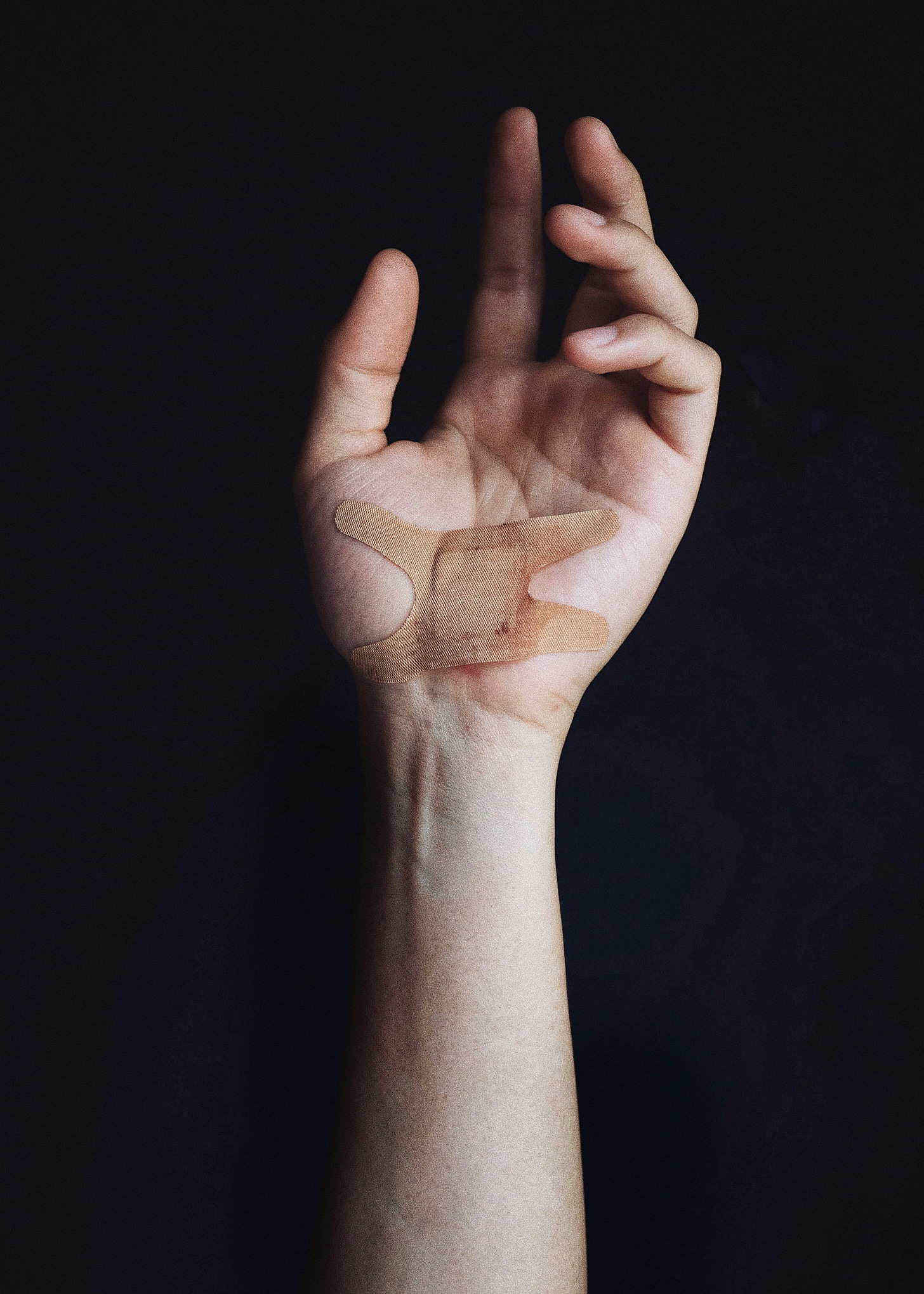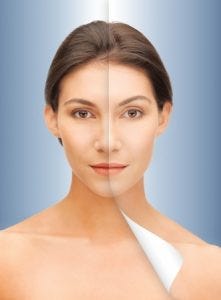Healing While You Sleep
Get Out Of Your Own Way
Most everyone has cut their finger a time or two. Once your body coagulates the opening to stop the bleeding, did you know that your body will wait until you sleep to start the healing? And have you ever noticed how much more you sleep when you are sick with the flu or a stomach bug?
Well, your body knows what it's doing when it is fighting an infection or repairing a wound. If your immune system is strong, it needs to get YOU out of its way so it can heal itself.
There's lots of stuff that happens during sleep, and when your body doesn't have enough time to do the things it needs to do, it won't do them in an optimal way. So, your body will put you to sleep when it needs to heal without any interruptions. Sleep is important because it allows your cells the time they need to repair and regrow.
During sleep, your body goes through different stages, including deep sleep when it's in recovery mode and slows down even further. Deep sleep allows your body undisturbed time to perform many important processes that help it heal.
If you are recovering from an injury or fighting a virus, get out of the way and go to sleep. Allow your body the time it needs to do its healing magic.
Rest and sleep serve as catalysts for your body's natural regenerative processes. During sleep and rest, especially during deep sleep, your body will increase its production of growth hormones that are essential for tissue repair and regeneration.
Get Out Of Your Own Way
Sleep is an important part of your overall health. It influences energy levels, and helps every system in your body. Sleep strengthens your immune system, heart, brain function, and your digestive system.
Your body uses less energy when you're asleep. This lets your cells repair and resupply for the next day, which allows it to self-repair and recover from any wounds or illnesses. Being less active makes it easier for your body to heal injuries and repair issues that happened while you were awake.
A good nights sleep protects against stress and chronic inflammation. Your connective tissues, like ligaments and tendons, can heal rather quickly if you provide them plenty of nutrients, oxygen, and rest, but your bones, cartilage, and nerves take the longest to heal, so it's really important to get a lot of rest and more sleep if you have broken a bone.
Children and teenagers need more sleep because they are still growing, and sleep is when your growth hormones are released. Children ages 5 and younger need to get 10-16 hours of sleep each night, and children 6 to 12 years old need to get between 9 and 12 hours. Older teens and adults need between 8 to 10 hours of sleep every night.
Stiff In The Morning
Do you wake up with stiff or painful joints? This is because during the night, your body releases anti-inflammatory chemicals to help with joint pain and stiffness. But by morning after you awake, they've been depleted (during the night) and are no longer available to eliminate the chemicals that cause inflammation during the day.
When you are awake and using your body, try adding the following supplements to your daily routine to keep your pain and stiffness at bay until you can get to sleep again:
Omega-3 fatty acids, abundant in fatty fish such as salmon or tuna, which are among the most potent anti-inflammatory supplements;
Curcumin;
Zinc;
Green tea;
Frankincense;
Capsaicin;
Cat's claw.
Younger Skin
A good night's sleep will keep you looking younger because your skin cells replace and repair when you are asleep. Did you know that you lose close to 500 million skin cells every day? You don't replace all 500 million cells every night, but if you get sufficient sleep each night, you can replace all these cells every few weeks.
Deep Sleep
Deep sleep is slow-wave sleep. During deep sleep, your heart rate and breathing slow down to their lowest levels, and it's very difficult to wake you up because your body is focused on healing, restoration, and repair.
During deep sleep, your body carries out:
muscle repair, releasing growth hormones that repair and grow muscles;
protein synthesis that assists your cells to resupply and stock up for the next day;
tissue growth to repair organs and other cells;
immune system support - your immune system secretes chemicals called cytokines, which fight inflammation, infection, and trauma. Cytokines strengthen your immune system and start to circulate in your blood while you sleep;
brain maintenance where your brain reorganizes its memories and learned information.
The first few hours of sleep are the deepest stages of sleep, and during this time, your body performs its best tissue growth and repair.
This is also the time when your brain clears away the stuff it doesn't need, and makes room for the stuff it does need.
Have a consistent bedtime and bedtime routine, sleep in a dark, quiet room, adjust your room temperature to be comfortable, and keep electronic devices, such as televisions, phones and computers, out of the bedroom.
Happy healing, and sweet dreams!
_______________
If you want to learn more about healthy living and disease prevention, contact me at janethull.com. Remember that you are never alone when you are looking for good health!
I look forward to supporting you on your journey to alternative health and wellness.
_____________
Disclaimer: This article is for informational purposes only, and is educational in nature. The FDA may not have evaluated some of the statements. This article is not intended to diagnose, treat, cure, or prevent any disease. Please discuss with your own, qualified health care provider before adding supplements or making any changes to your dietary program.
Before taking vitamins, consult your doctor; pre-existing medical conditions or medications you are taking can affect how your body responds to multivitamins.
You have our permission to reprint this article if you attribute us with a live back-link to this article and the youtube links.
http://www.janethull.com/
_______________





